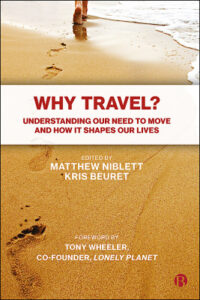Storms and floods cause widespread travel disruption
13th February 2014
Recent storms and record levels of flooding are causing disruption to transport networks across the country. There were dramatic scenes along the Devon coast where stormy seas at Dawlish caused a section of railway to collapse last week. Local business leaders have estimated that the closure of this key rail link will cost the South West’s economy around £2million per day. With more storms predicted to hit over the next few days, further ‘travel chaos’ is expected to hit roads and railways.
As these recent problems show, we have come to rely heavily on certain travel modes and when these are suddenly unavailable, we struggle to adapt. Our ancestors extensively used water-based forms of travel across landscapes which flooded much more severely than at present (before an era of dredging and flood defences); rivers were perceived as highways rather than barriers and communities on the wetlands would move according to the seasons. Today, however, we live in a society that expects our settlements to be permanent, fortresses against the natural world; while the idea of migration or seasonal movement seems threatening and problematic.
With modern land use approaches and climate change threatening to make floods and storms more common and severe, it may be time to ask some fundamental questions about how our travel relates to our natural environment. Do we need to rediscover old forms of travel? Should our travel needs be more reflective of the natural landscape?
The ITC’s Why Travel? project examines questions such as these in order to explore and understand the fundamental motivations for human travel. We believe that a better understanding of these motivations will help to improve decision-making in the fields of transport, travel and land use. To find out more visit www.whytravel.org


